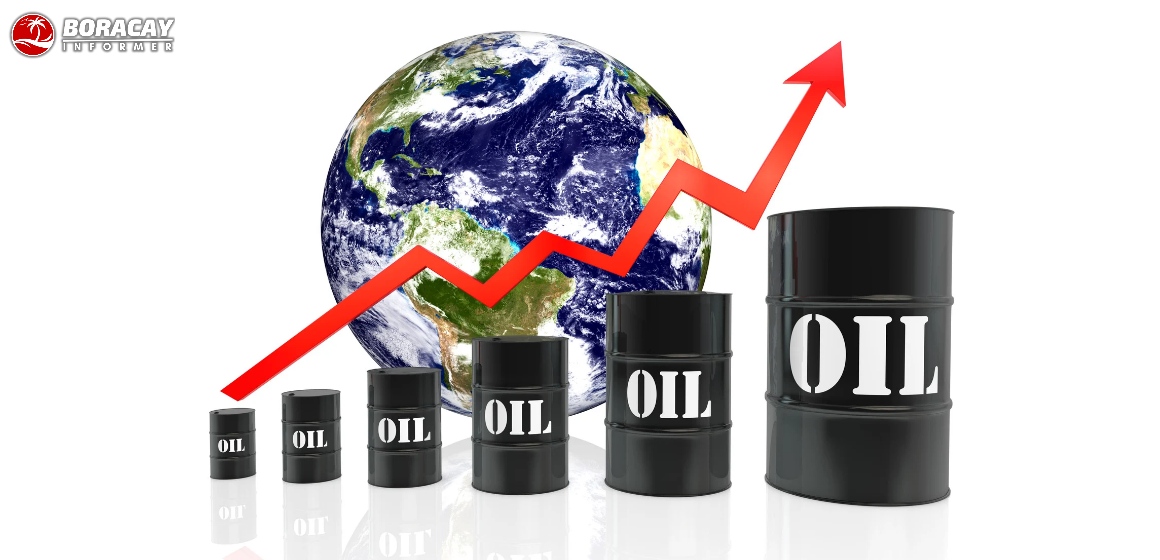The Department of Energy (DOE) announced today that it has reached an agreement with oil companies to implement staggered fuel price increases in response to rising global oil prices. This follows a meeting between DOE Officer-in-Charge Sharon S. Garin, Undersecretary Alessandro O. Sales, and representatives from the downstream oil industry.
The agreement aims to mitigate the impact of soaring global oil prices, driven by geopolitical tensions and market volatility, on Filipino consumers. The staggered approach will distribute price adjustments over a longer period, lessening the immediate shock to consumers, particularly those in the transport and agriculture sectors.
Oil companies are required to submit their implementation plans, detailing the phased increases, to the DOE by 6:00 PM today. The DOE is also urging oil companies to expand their fuel discount programs for the transport sector. Further discussions regarding these discounts are scheduled for Wednesday, June 25th.
Undersecretary Sales highlighted the importance of cooperation between the public and private sectors in managing the situation. He noted that much of the recent price volatility is due to speculation rather than actual supply shortages.
As of today, the average gasoline price is PHP 55.90 per liter, diesel is PHP 53.40 per liter, and kerosene is PHP 70.22 per liter. The DOE continues to monitor global oil prices and ensure adequate fuel supply domestically. They are also preparing to activate existing fuel subsidy programs and coordinate with other government agencies to protect vulnerable sectors.
Should the average price of Dubai crude oil exceed USD 80 per barrel, targeted subsidies for public transport drivers and farmers will be implemented. Currently, the average price stands at USD 75.16 per barrel. A meeting between the DOE, Department of Transportation (DOTr), and Department of Agriculture (DA) is scheduled for tomorrow to finalize these subsidy plans.
The DOE also encourages the public to conserve fuel through measures such as carpooling, minimizing idling, and maintaining proper tire pressure.







Leave a Reply